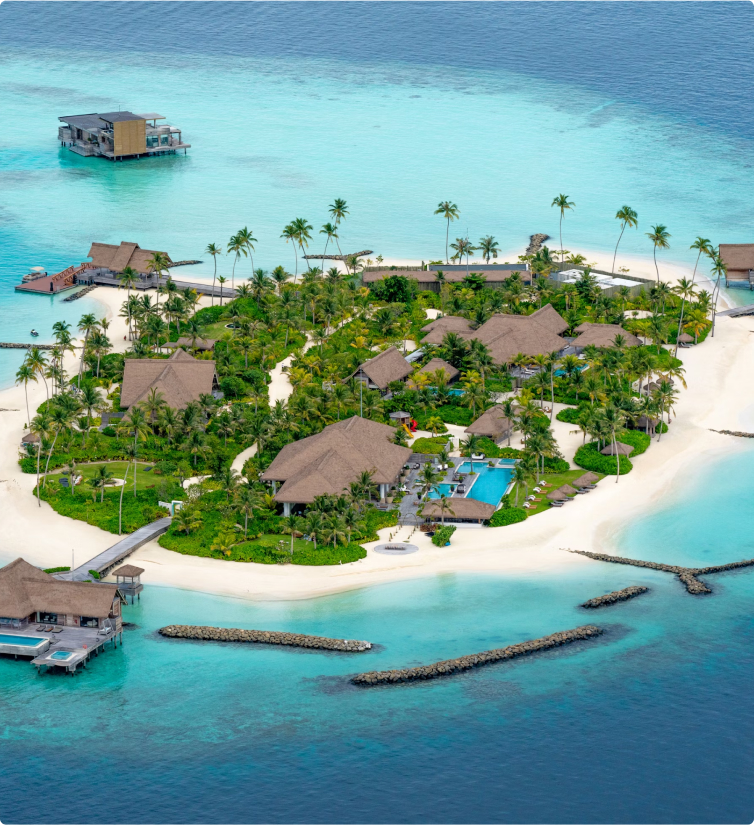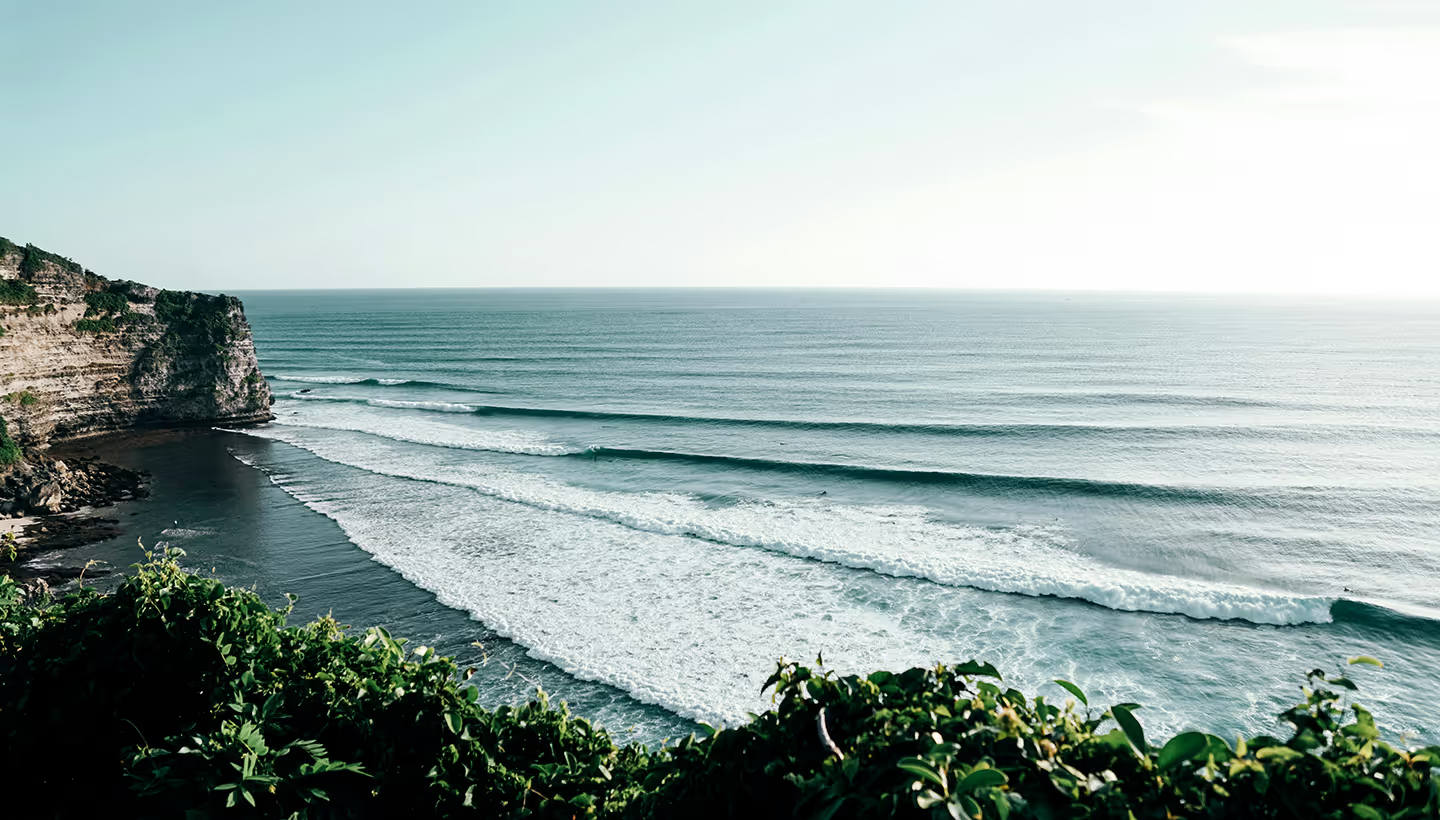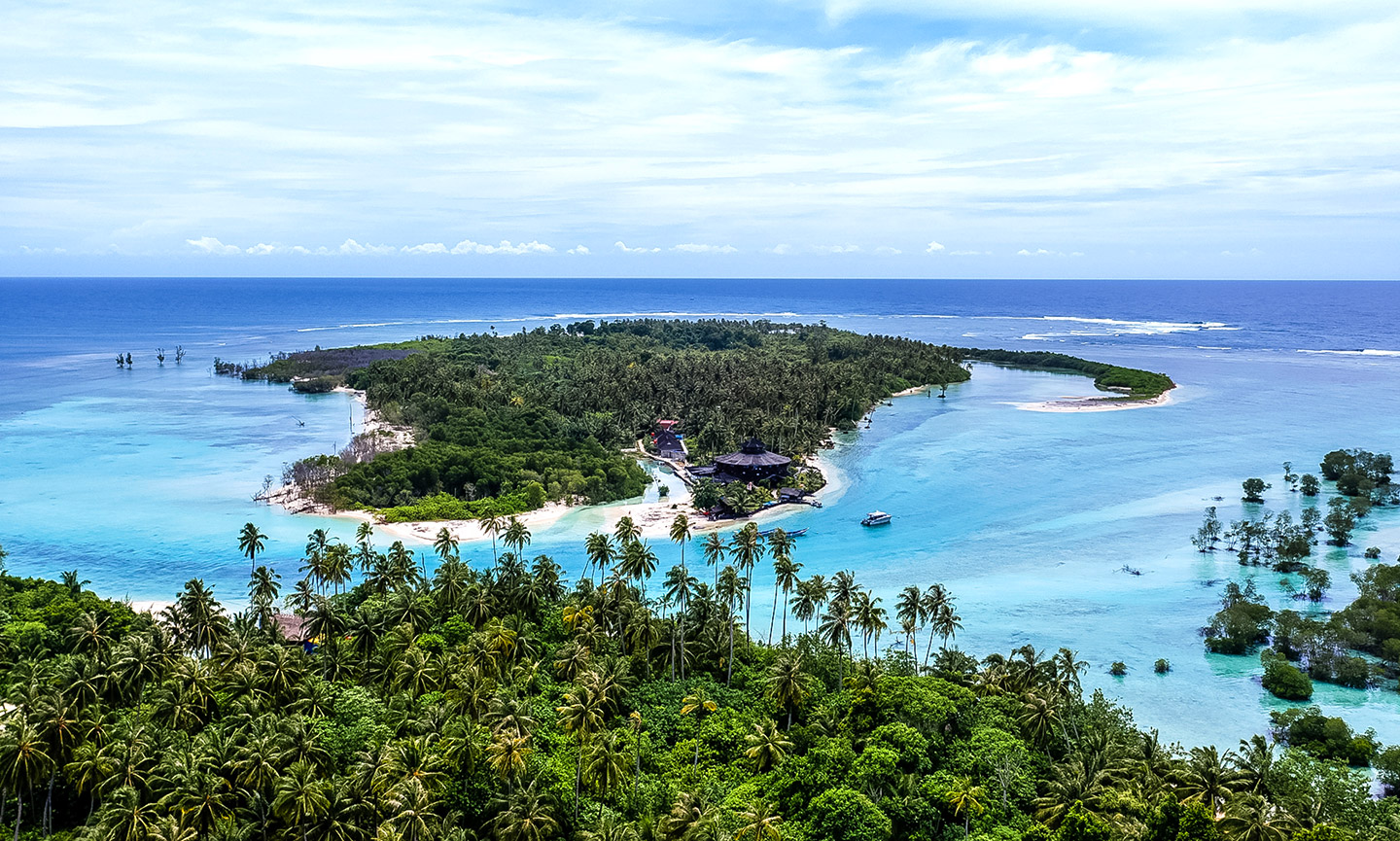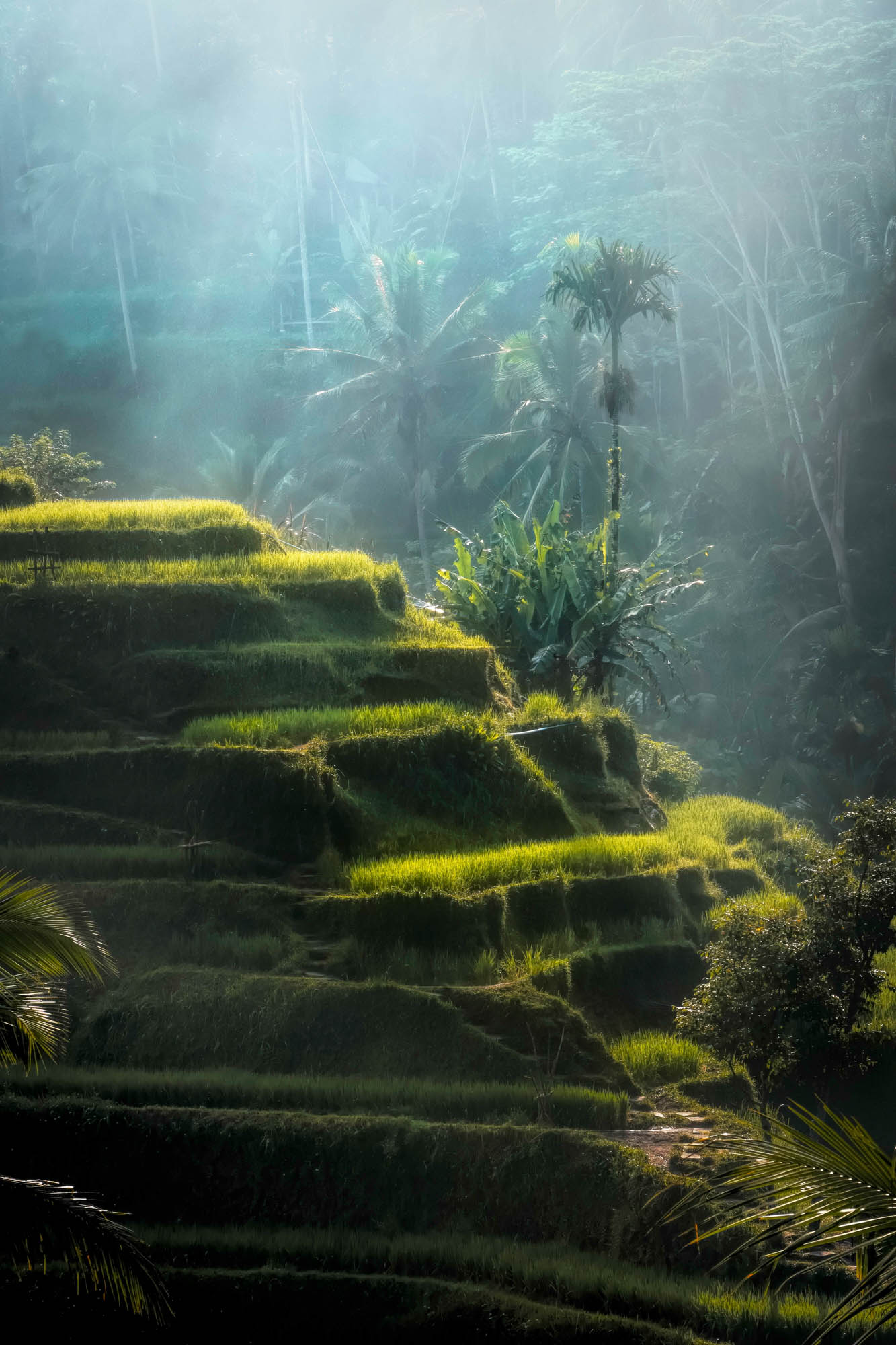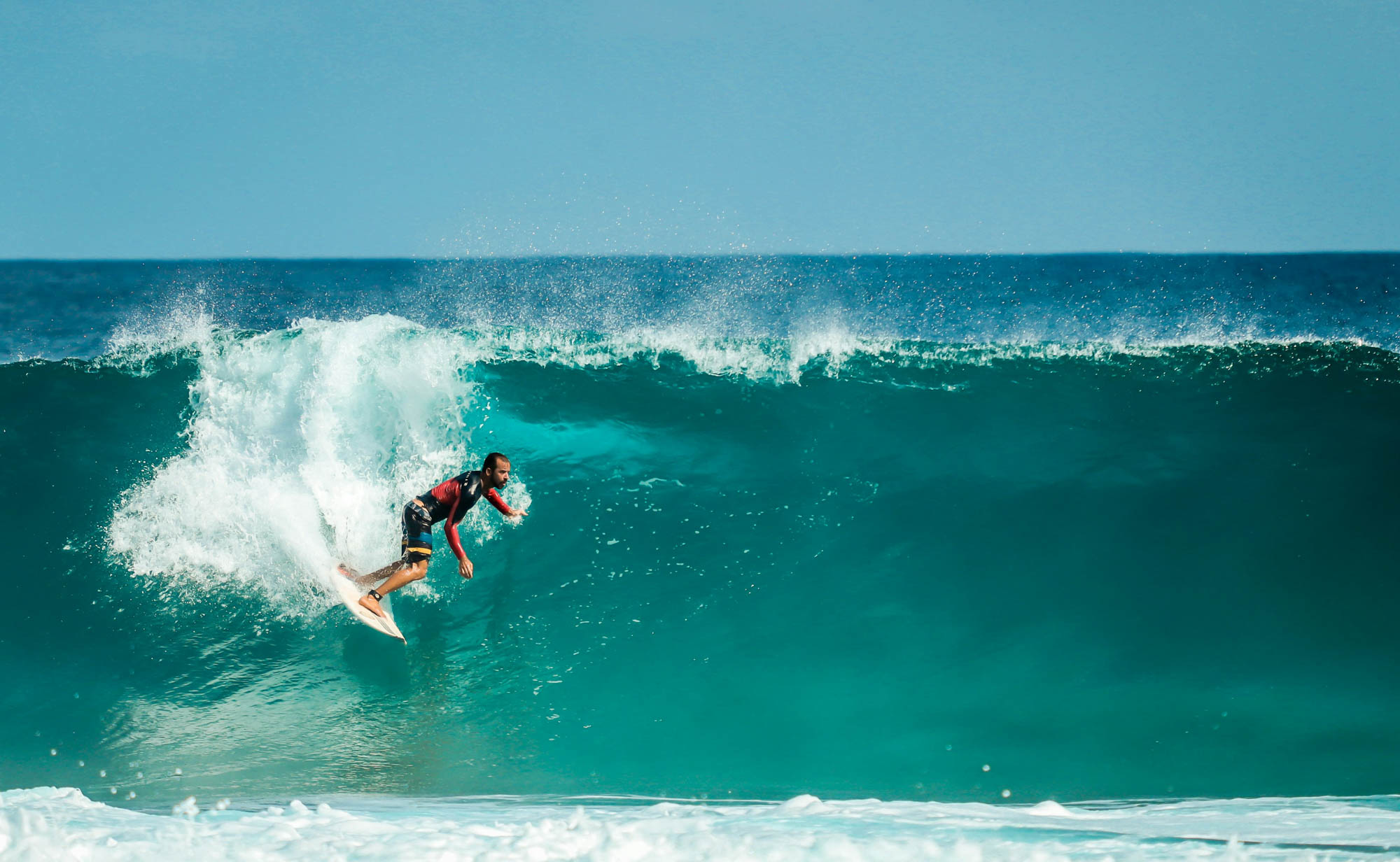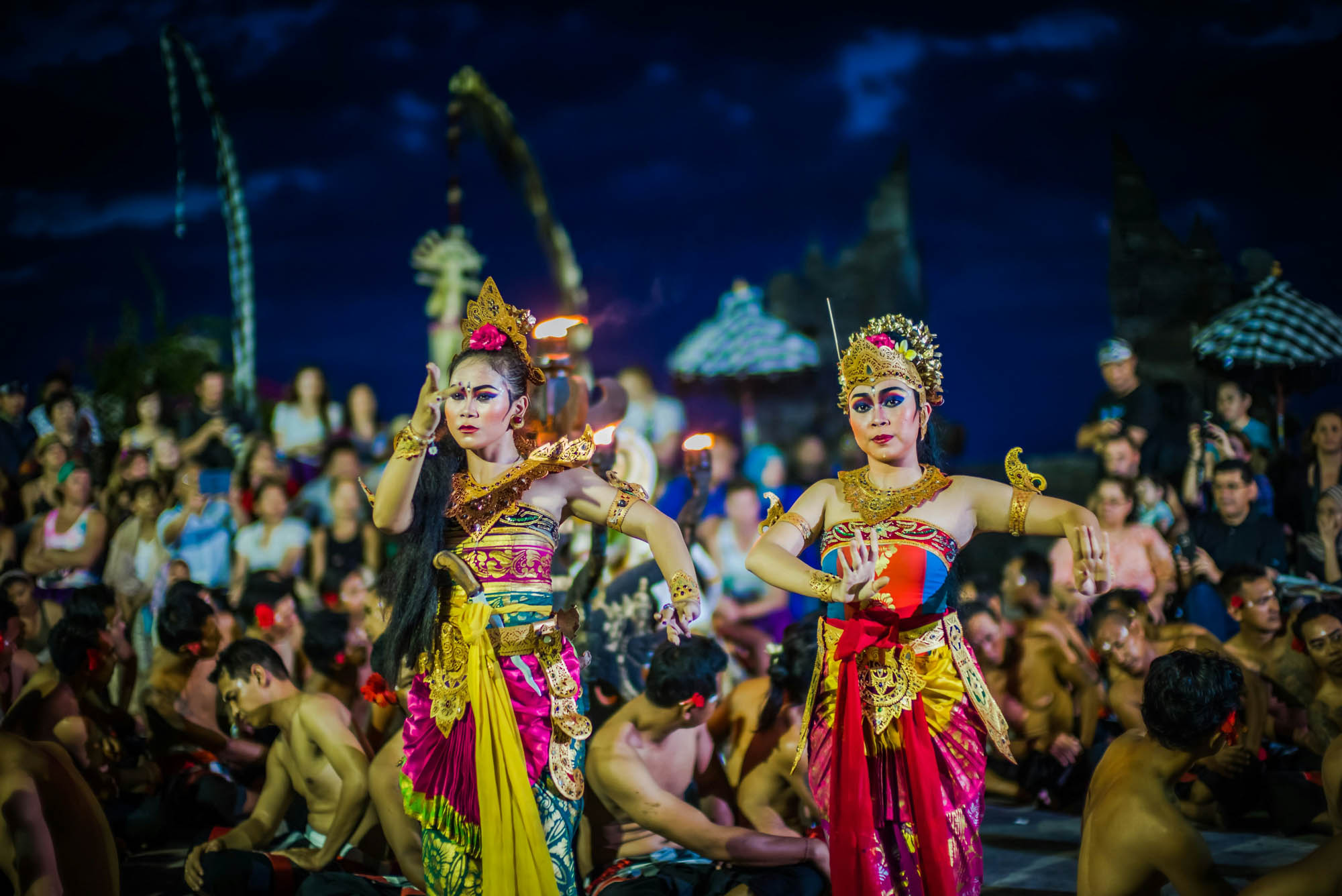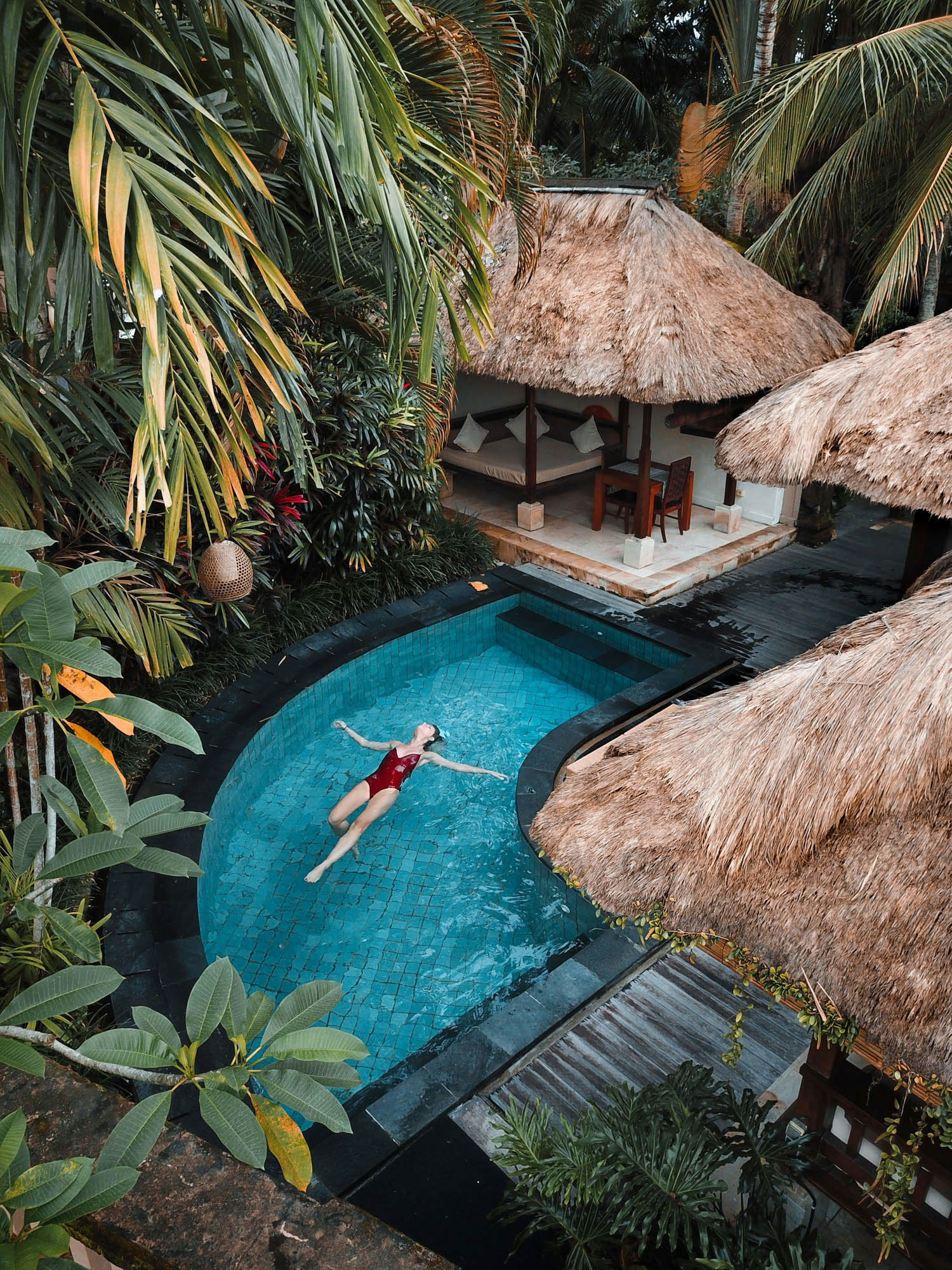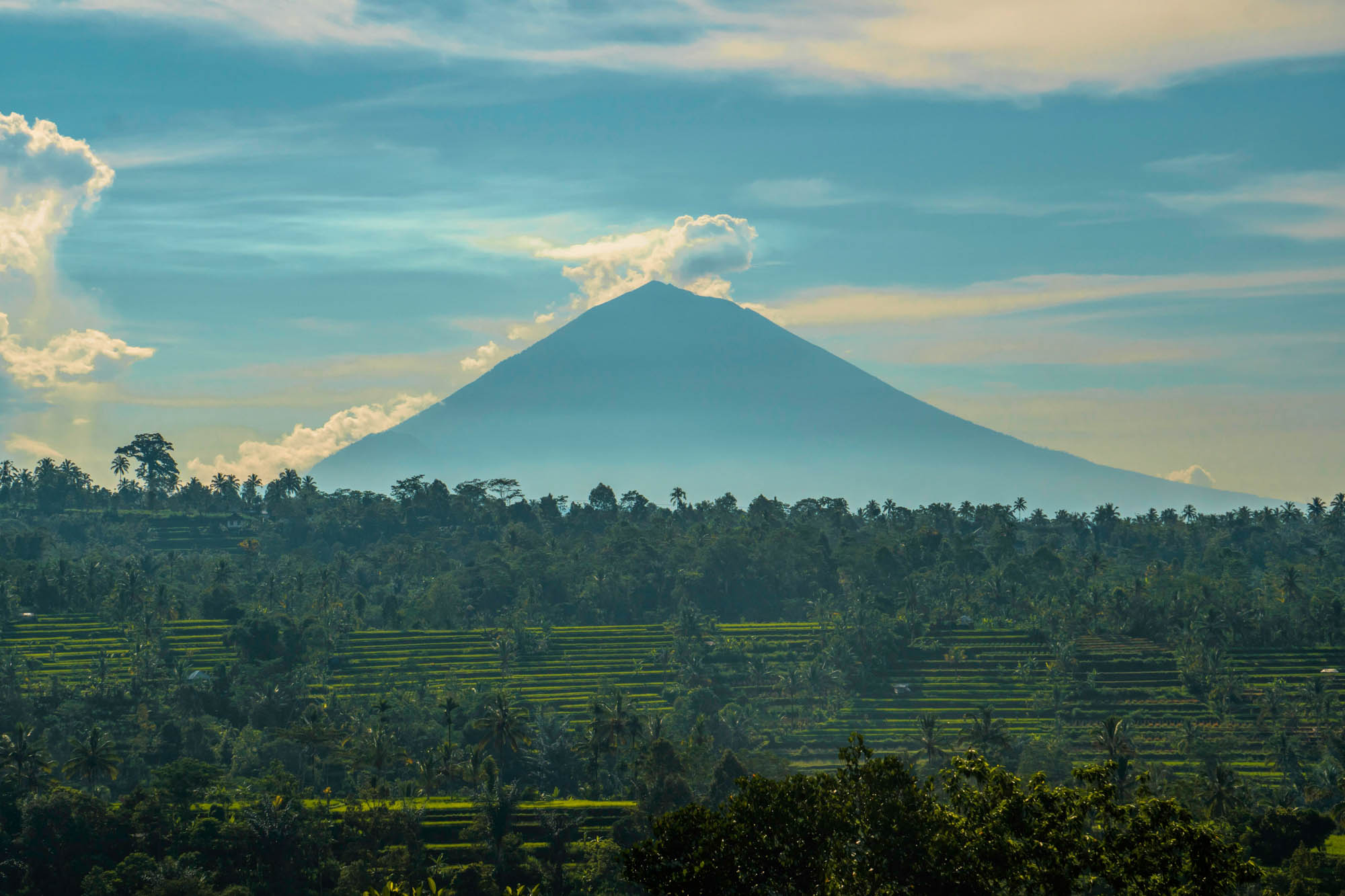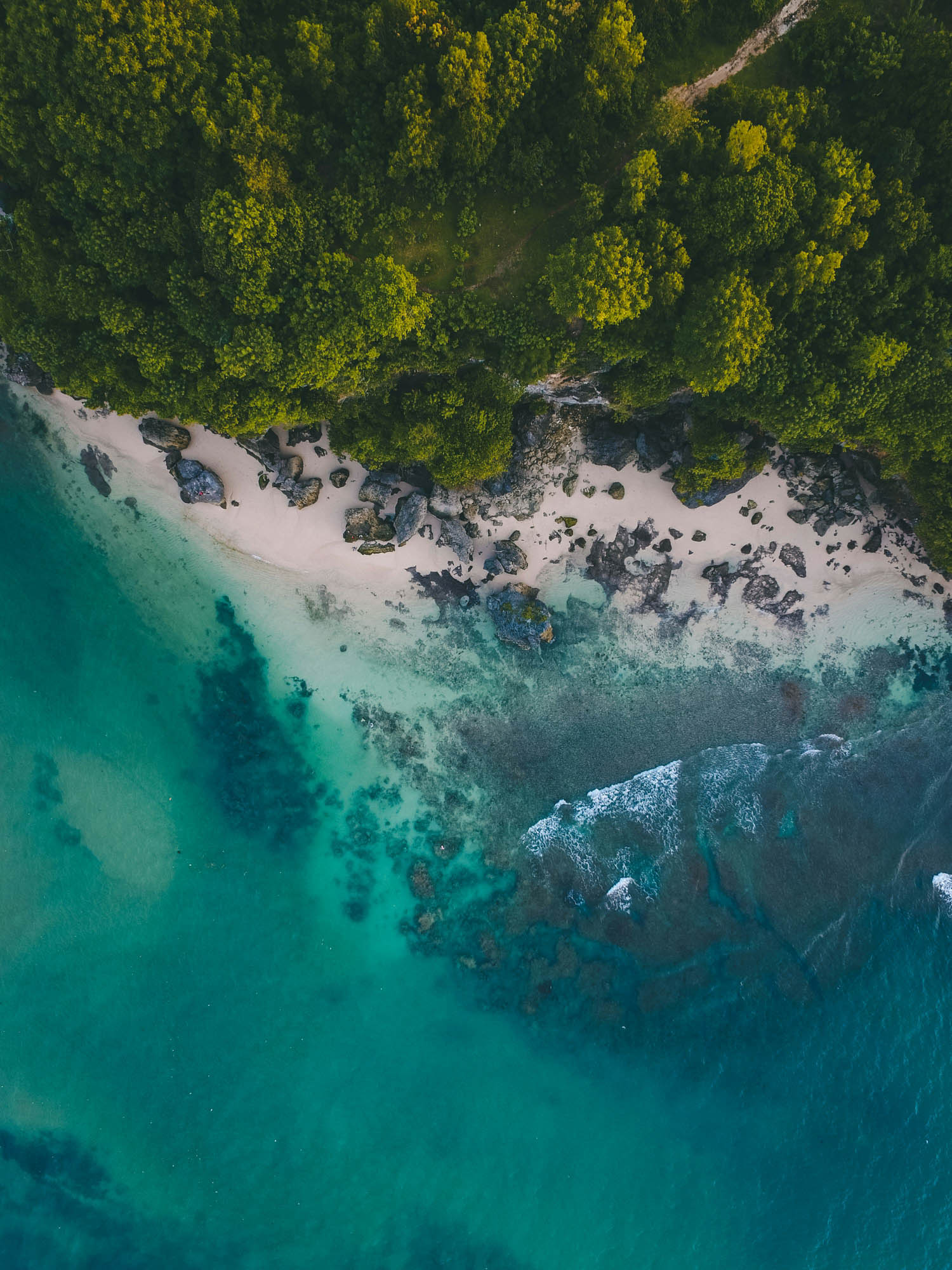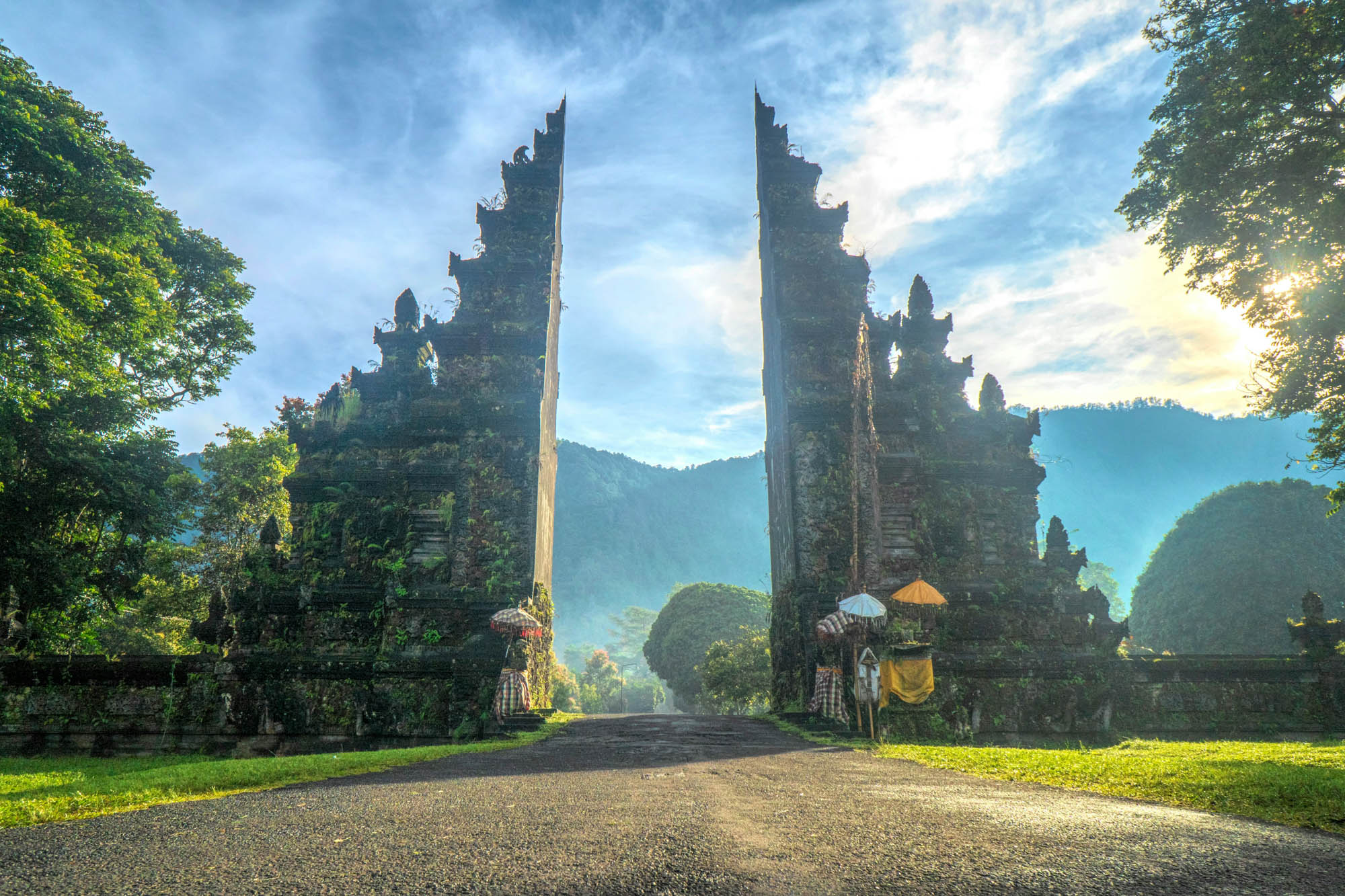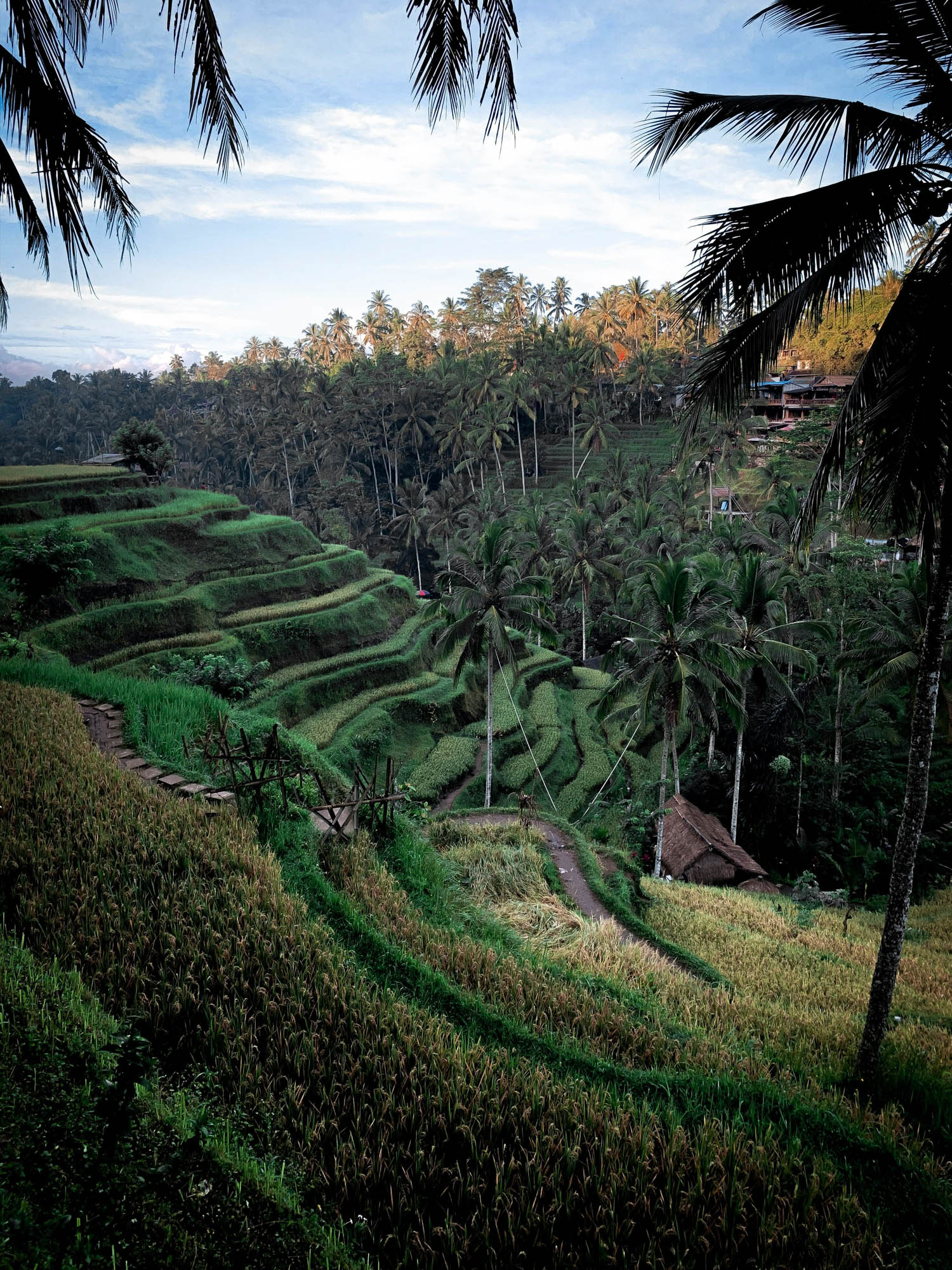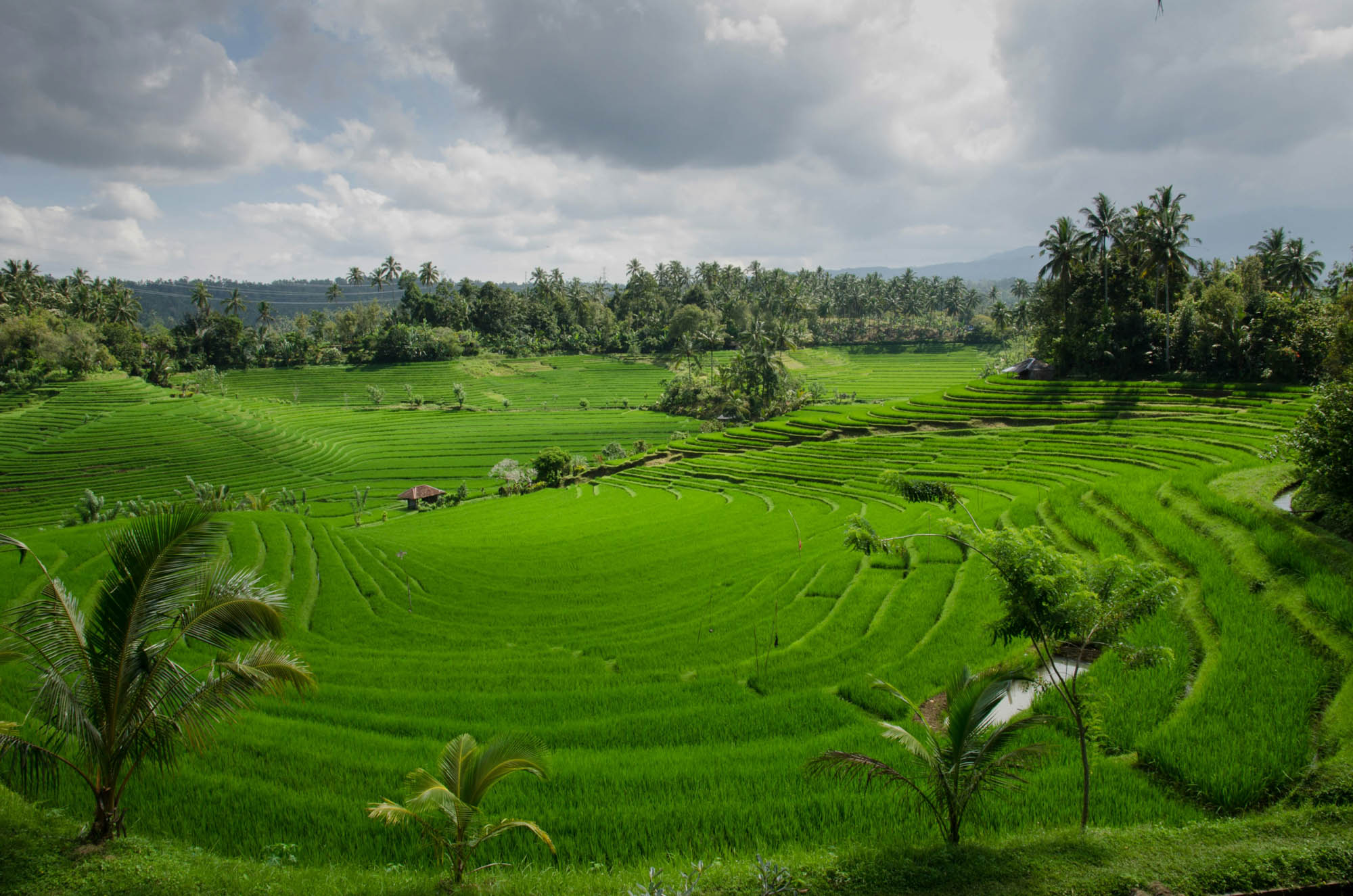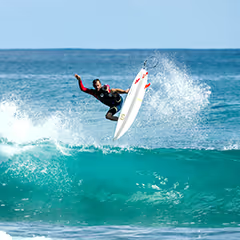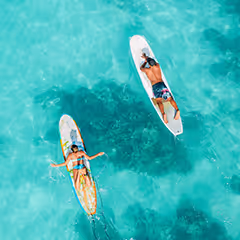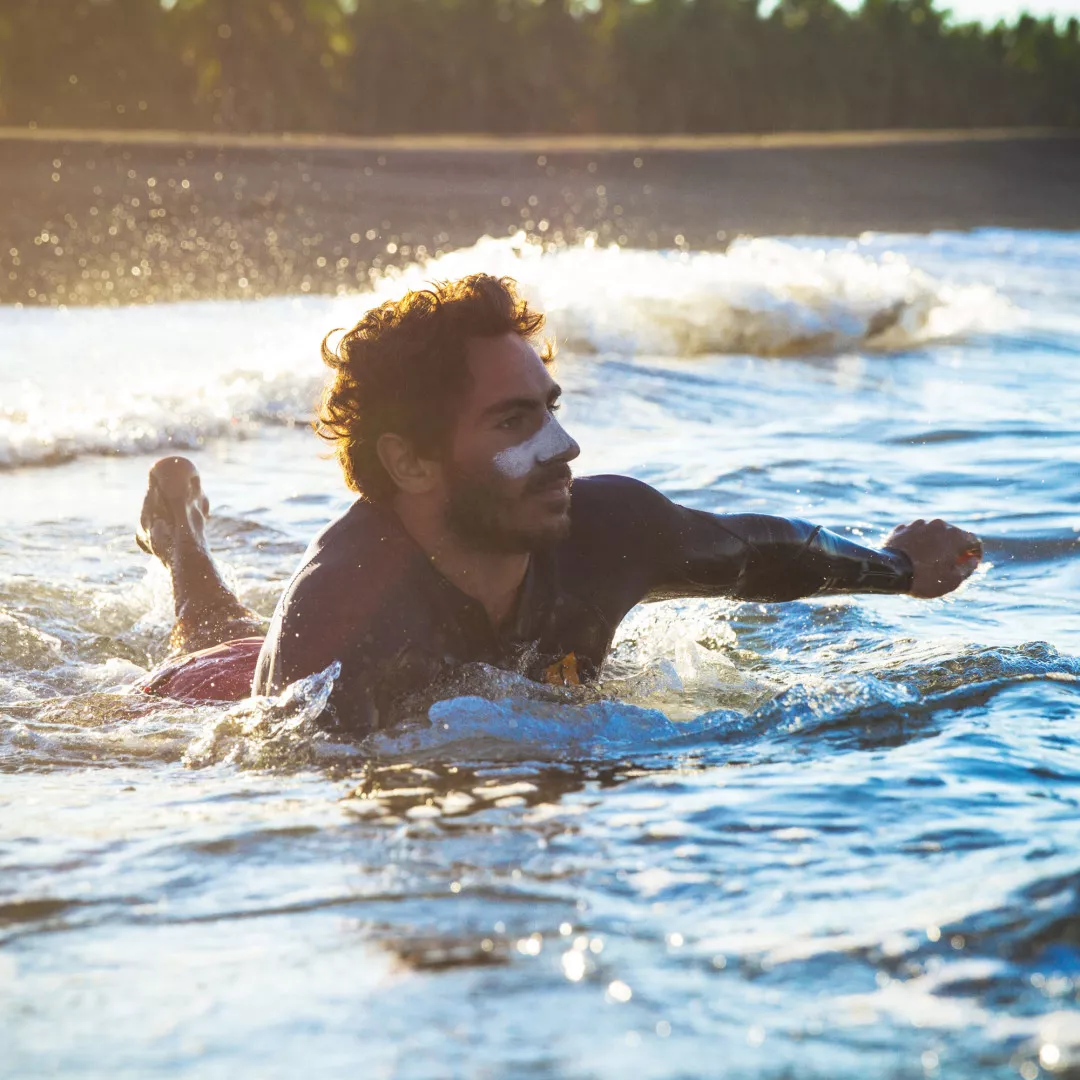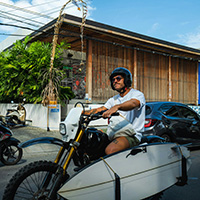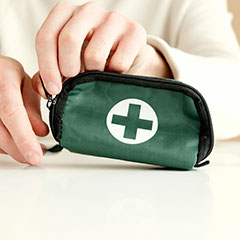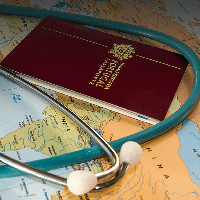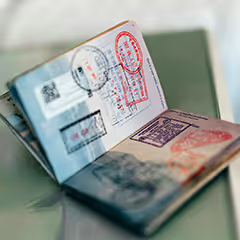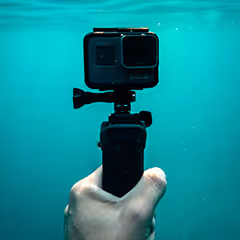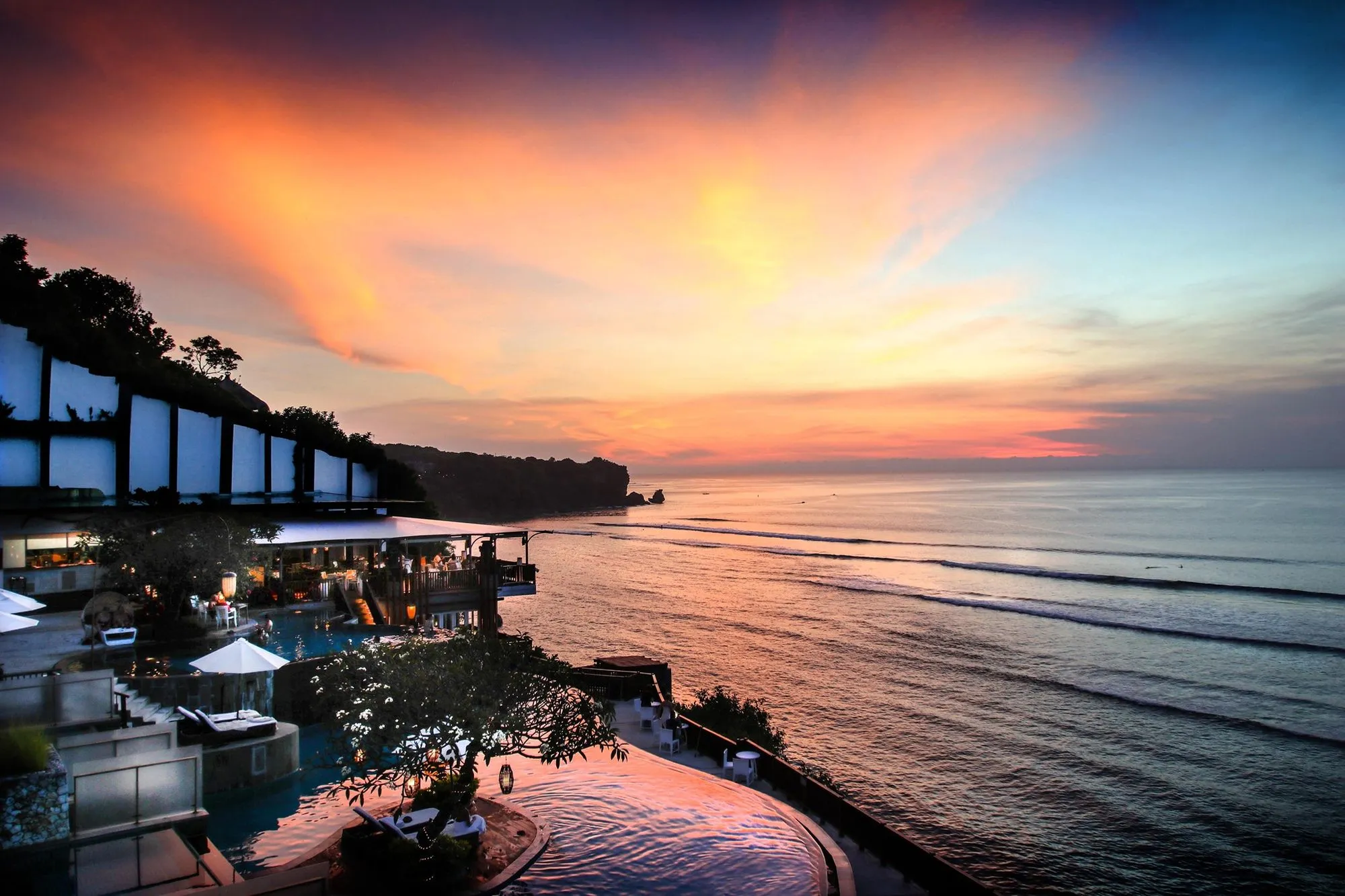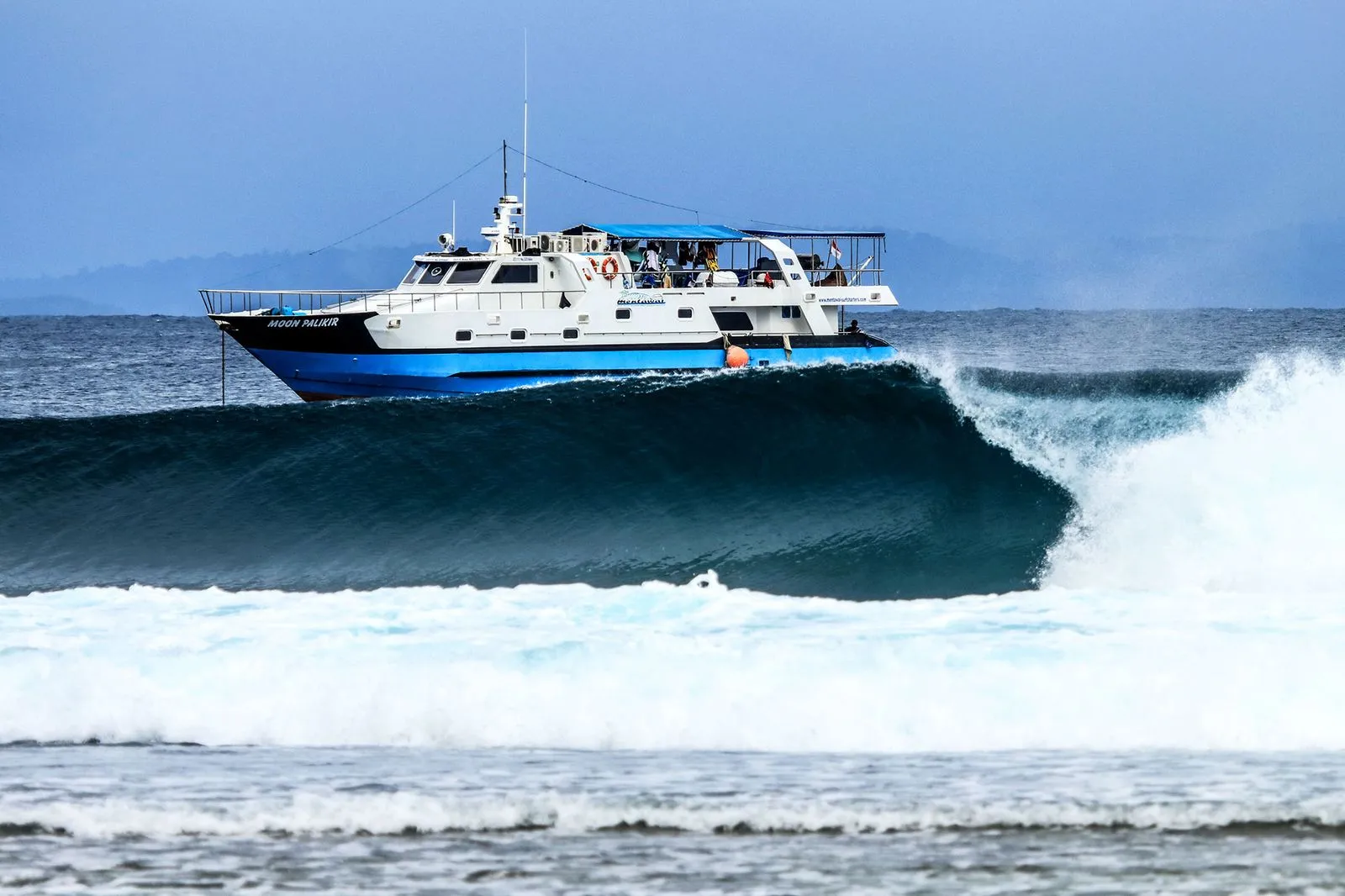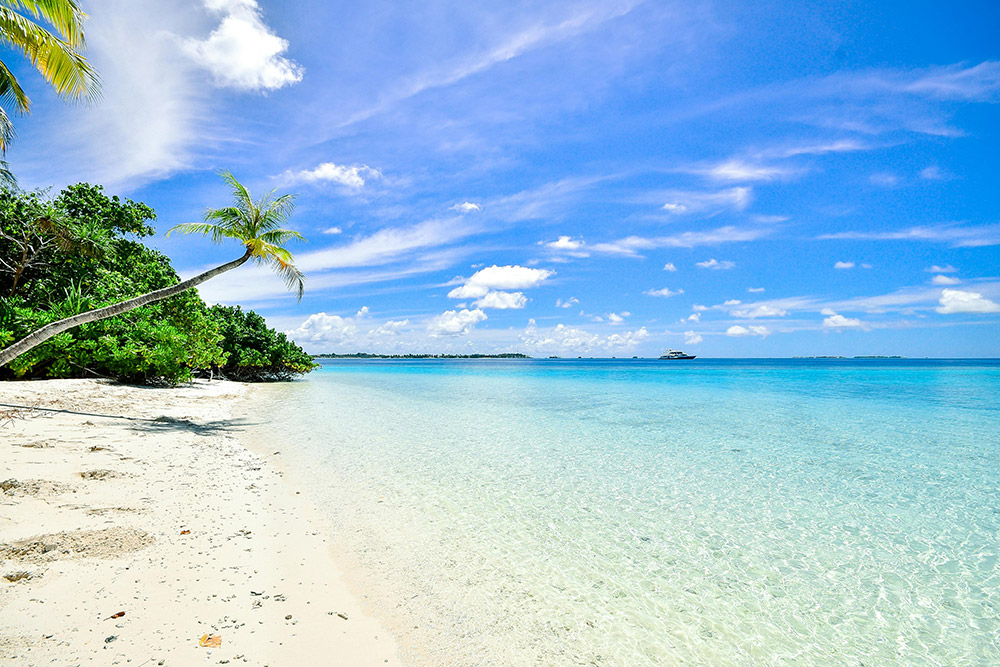About
Indonesia has more than 17.000 islands and in two regions of the archipelago surfing is almost a religion - Bali and Mentawai. Bali is considered the world capital of the sport, with waves for all levels. Mentawai, a set of 70 islands, has iconic and challenging peaks. In both cases, always in stunning landscapes where there is no lack of culture and gastronomy.
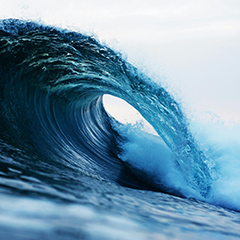
A dream destination
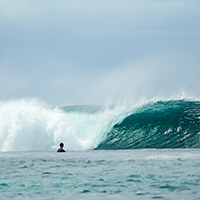
Mentored
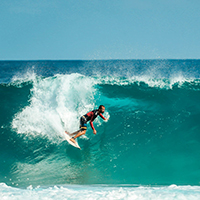
Bali
Featured
eXplore The Surfing Paradise
The best waves for surfing
What is the best height
to enjoy the waves
Bali
The best time to surf in Bali depends on your skill level and the type of waves you are looking for. Bali is a year-round surfing destination, but it has two distinct resorts that offer different conditions.
The dry season, April to October, is best for advanced surfers, with the west coast (such as Uluwatu, Padang Padang and Canggu) offering ideal conditions. At this time, there are consistent ripples, offshore winds and larger and more powerful waves, especially on the south and west beaches. Waves are bigger and better for intermediate and advanced surfers.
On the other hand, the rainy season, of November to March, is more suitable for beginners, with the east coast (such as Nusa Dua, Sanur and Keramas) receiving minor ripples. The winds change to favor this region, and the waves are softer and more manageable.
Thus, if you were an advanced surfer, the dry season (April to October) is the most appropriate, while the rainy season (November to March) is better for beginners and for those looking for smaller waves and less raced

Mentored
The best time to surf in the Mentawai Islands is during the dry season, which runs from April to October. This period offers the most consistent and ideal conditions for surfing, with great waves coming from the Indian Ocean and favorable winds. The biggest ripples occur between June and September, with waves that can reach 3 meters or more. This is the ideal period for intermediate and advanced surfers looking for powerful and challenging waves. The prevailing winds are offshore, creating perfect conditions for the formation of waves.
For beginner surfers or those who prefer smaller and less intense waves, the months of March and Novemberare good alternatives, with smaller ripples.
In short, for those looking for the best waves, the period between June and September is the peak of the surf season in Mentawai
Some tips and material that we recommend
Attractions
Get to know Surf Trips
Opinion of those who traveled
as takeoff
Clarify some doubts about Vaccines, Passport and Visa
What types of visas are available?
What do I need to know about Customs?
And what about the money? Do I need to change to the local currency?
What health care should I have?
And what about the internet and telephone?
What local customs do I need to know?
Do I need my own surf equipment?
What should I bring in my luggage?
How to get there?
Where is it located?
The Republic of Indonesia is made up of more than 17 islands, distributed between the Indian and Pacific oceans. It is the largest archipelago on the planet, extends over 19,9 million km2 and has 280 million inhabitants, being the most populous Muslim country in the world. It is located between latitudes 11ºS and 6ºN and longitudes 95ºE and 141ºE, the climate is tropical, with two well differentiated seasons: the drought, from May to October, and the rainy, from November to April.


